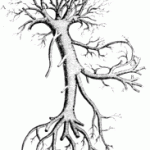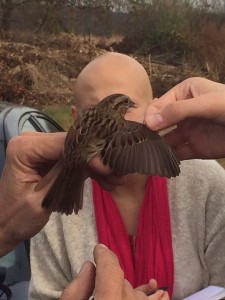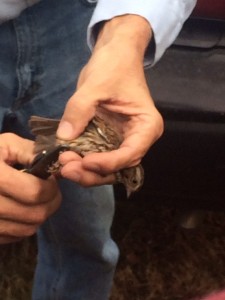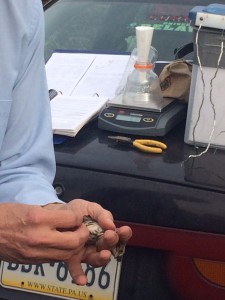“When the sun withdraws the sand ceases to flow, but in the morning the streams will start once more and branch and branch again into myriad of others. You here see perchance how blood vessels formed .” (332)
“… In its effort to obey the law to which the most inert yields, separates from the latter and forms for itself a meandering channel or artery within that, in which is seen a little silvery stream glancing like lightening from one stage of leaves or branches to another, and ever and anon swallowed up in the sand. It is wonderful how rapidly yet perfectly the sand organizes itself as it flows.” (333)
“is it not the hand a spreading palm leaf with its lobes and veins?” (333)
The above passages from Walden reminded me of how nature seems to have it all figured out and things that seem so specific to humans are actually very related to the natural world. For example, in the first quote above Thoreau mentions how a system of streams reminded him of how a blood vessel is formed. With interconnected pathways (braided streams are ringing a bell here!) both streams and blood vessels have a similar look. Just look at the images below
The second quote made me think of how nature seems to have everything mapped perfectly to work itself out. I think that humans underestimate just how powerful the Earth’s natural systems are. This passage reminded me of the arches seen out in the Southwest. It is amazing that nature can carve out such precise structures all on its own just like how Thoreau is amazed by the way sand in a stream organizes itself. In this passage Thoreau also mentions arteries- again reminding the reader of the similarities between the channels in a human’s body and to the channels water passes through in a stream.
The final quote is just again another reminder that nature and the human body have many similarities. Just like the blood vessels and streams, the veins of leaves and palms reflect one another.
It is just amazes me how closely related the Earth systems are to the human body. It is a reminder that we are not as far separated from the Earth as humans would like to think we are. We are from the same Earth and must remember that we are much more connected to it and are a part of it.








